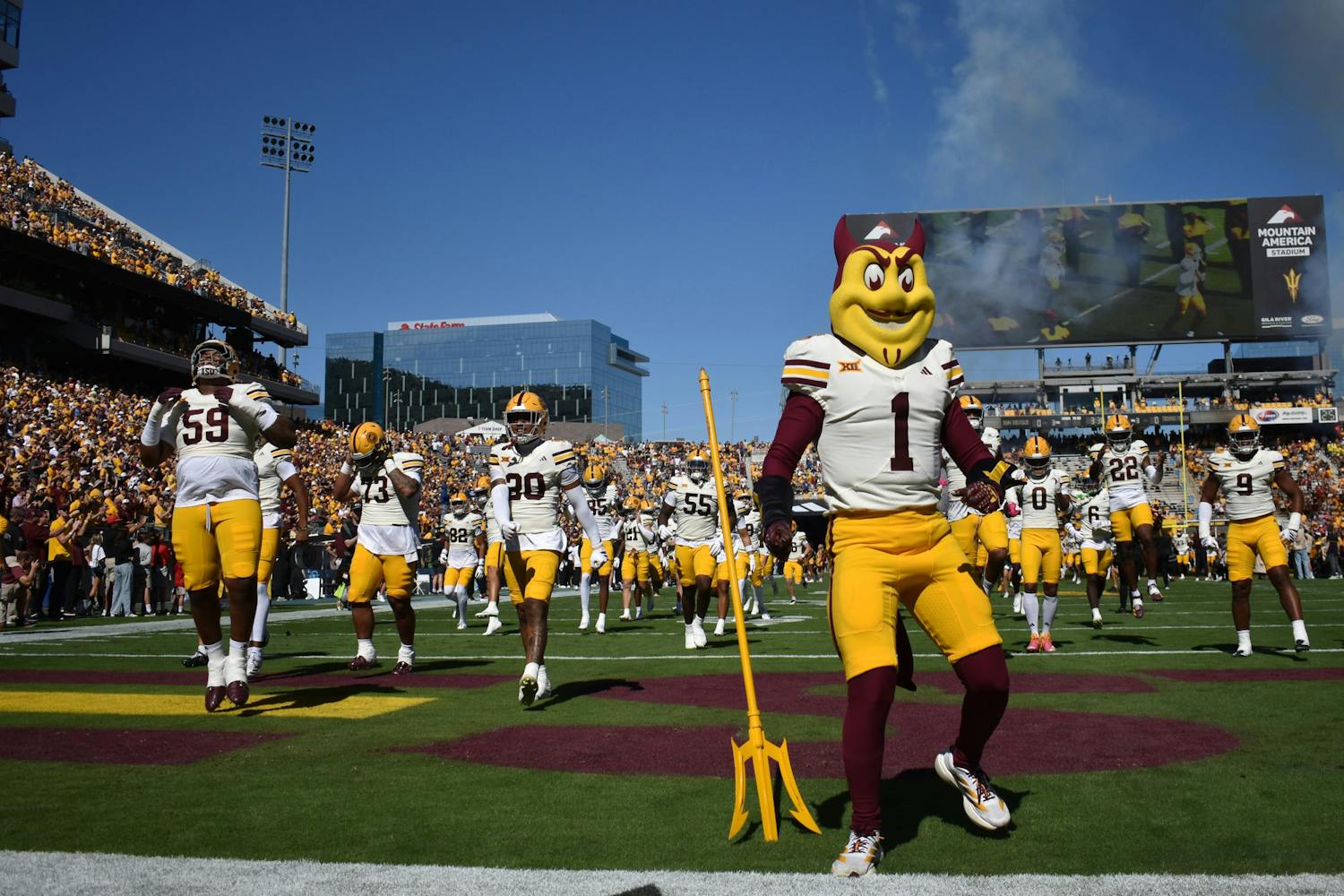If there’s one thing I learned from the 2011-12 NBA season, it’s that less is more.
It was an accident that the NBA resorted to a 66-game season, since the lockout was not resolved until Thanksgiving weekend. The number of games was generated simply to make up any lost revenue and still end the season in a timely manner.
I am a huge fan of how the NBA season turned out and frankly a shorter season should be a permanent fixture in the NBA.
The benefits of the 66-game campaign were at their greatest when in the final week of the season, most playoff seeds — notably in the Western Conference — were still up for grabs. The West saw a thrilling race to the end with Dallas, Houston, Utah and Phoenix all trying to keep their postseason hopes alive by securing one of the two last playoff spots. Even the West’s top two teams, San Antonio and Oklahoma City, tried to make every game meaningful in hopes of clinching the top seed.
Positioning battles like these slowly begin to settle around 60 games, but by the time teams play their 80th, all but a few games are practically worthless. Search ESPN.com for game recaps featuring a playoff-eliminated home team late in any 82-game season, and look through photos that show the stands. Are those games even profitable?
Eliminate the dreaded back-to-back-to-back games, spread out the games and we could have better quality basketball in a shorter season. Imagine a season where teams are better rested, players sit out with fewer injuries and every single game is more meaningful. This makes perfect sense for a league that’s been trying to emphasize parity as more teams will have a better chance at making the playoffs and bottom-feeders could spare the dignities of their cities by tanking in fewer games.
Now the bigger question — what about the money?
A 66-game schedule can indeed shake up the league’s revenue and completely change how players are paid in proportion to games played per year. TV contracts now rule the game and arenas get a share from each game played inside.
However, the NBA’s current business model is nowhere close to perfection, which is why the league has suffered two season-shortening lockouts in the past 13 years and is still searching for a better system. One driving force that could possibly balance this out is the rise of ticket prices. Games would be more valuable, especially after the NBA saw the higher attendance in this trail season.
I agree the NBA shouldn’t cut the number of games immediately. With the new collective bargaining agreement lasting for 10 years (but an opt-out available to players and owners at the sixth year) and a new commissioner that will most likely take over the NBA by then, revising the schedule should definitely be a point of discussion in the next labor talks if the cash flow still isn’t improving.
Reach the columnist at jnacion@asu.edu



